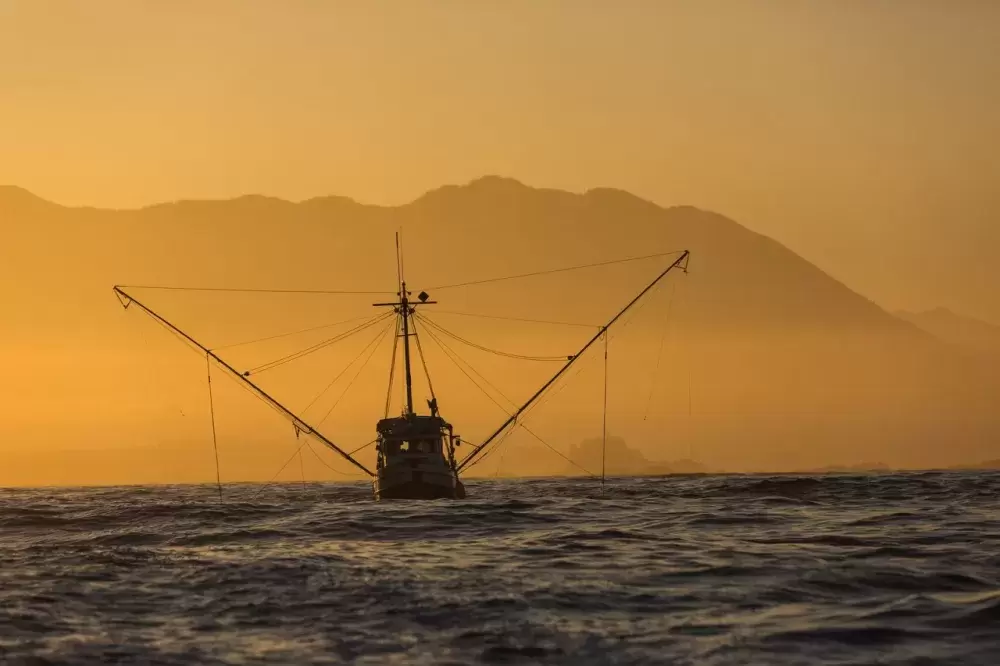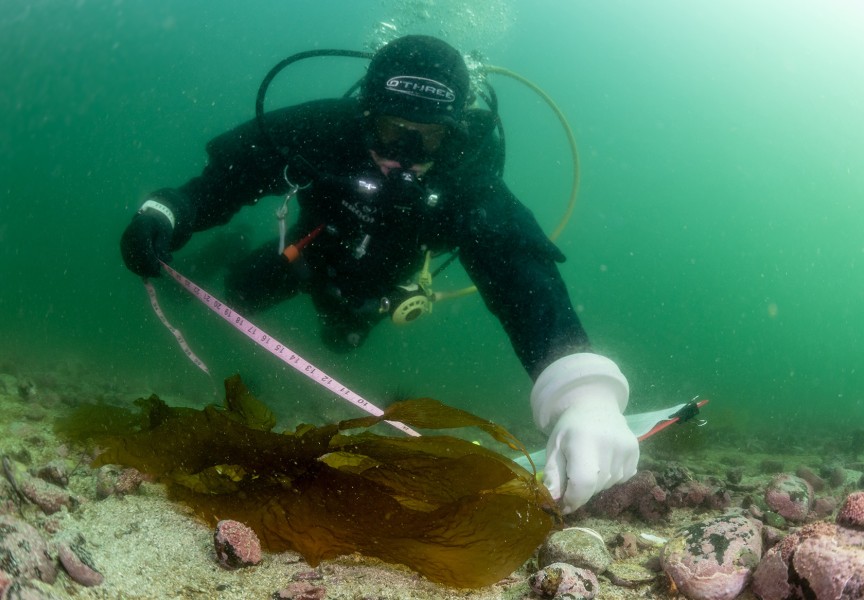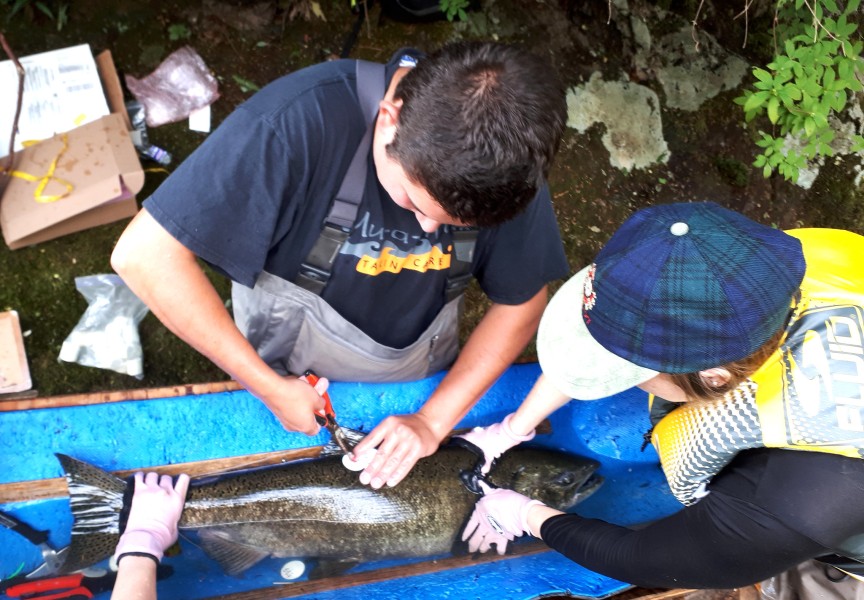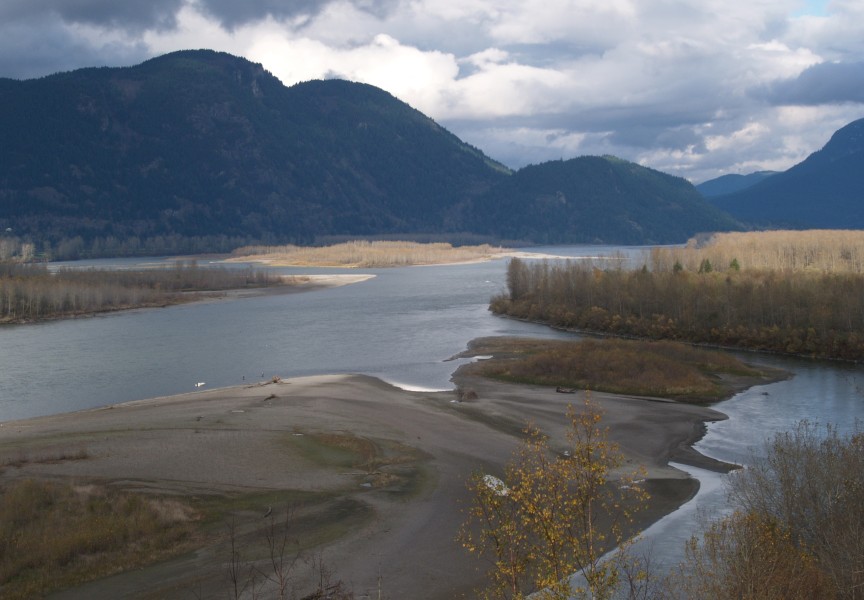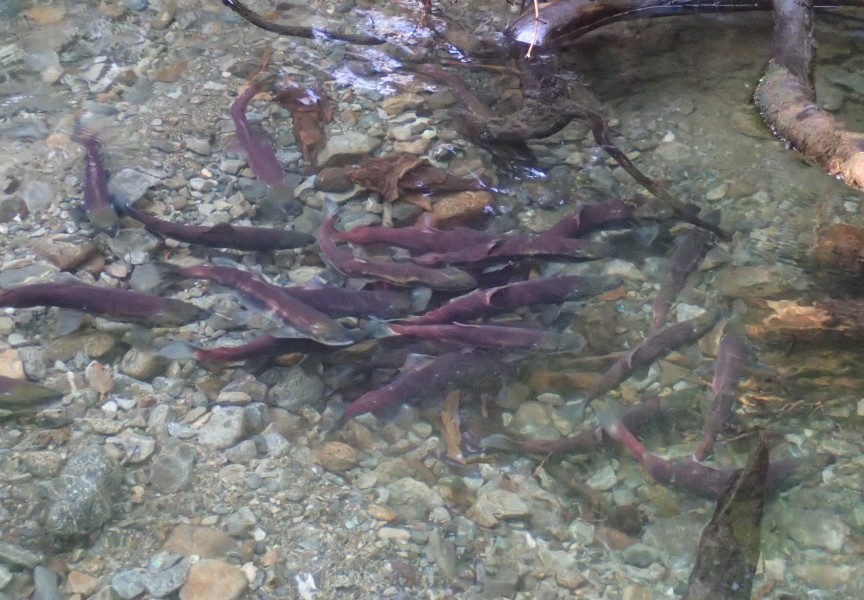An announcement from the federal government detailing massive emergency funding to those in the fishing industry reeling from COVID-19 impacts is being met with mixed reactions on Vancouver Island.
This past Thursday the Canadian government announced $469.4 million in new funding to assist fish harvesters in the country who are not eligible for previously announced emergency aid.
This new aid is in addition to the $62.5 million announced last month through the Canadian Seafood Stabilization Fund to help those across the country working in the fish and seafood processing sector.
Though pleased some help was on the way, Gord Johns, the MP for Courtenay-Alberni, believes much more needs to be done.
“Today's announcement is long overdue for independent fish harvesters,” he said in a release which came out shortly after the amount of federal funding was revealed. “Extending EI and making business loans available to fishers and harvesters are things the NDP have been calling for weeks.
“We're glad the government has finally recognized these as practical solutions but the government needs to do more to help ease the anxiety that fishers and harvesters are feeling,” continued Johns. “As it is, the loan program will not be sufficient for most harvesters. It must be raised significantly to reflect the reality that fishers on all coasts are facing.”
Even with the new emergency aid announced, Larry Johnson, president of the Nuu-chah-nulth Seafood Limited Partnership, believes the fishing industry will take a massive hit in 2020.
“I think we’re going to see a huge reduction in revenues,” he said, adding he believes NCN Seafood Limited Partnership will experience a 50 per cent drop.
Johnson added social distancing practices, which must still be adhered to on fishing vessels, reduce the number of workers who can go out on boats that are usually 30-40 feet long.
Johnson said an increase in docking fees is also discouraging some fishermen from working.
“With the increase in prices, you don’t want to be losing money before you even head out,” he said.
Alex Gagne, the T’aaq-wiihak fisheries manager, was happy to see some federal funding would be forthcoming for those in the fishing industry.
“I think it’s good,” she said. “Fishing has been really affected by COVID-19.”
Though she knew a federal announcement had been made, Gagne said she has yet to review all of the details and had requested her staff to look into the situation and brief her early this week on how those in the T’aaq-wiihak enterprise will be affected. T’aaq-wiihak is a fisheries collective involving five Nuu-chah-nulth First Nations: Ahousaht, Hesquiaht, Tla-o-qui-aht, Ehattesaht/Chinehkint and Mowachaht/Muchalaht.
Gagne said she would in all likelihood agree with Johns upon hearing that he felt more needed to be done.
“I’ve found him to be a good advocate for west coast fishermen over the years,” Gagne said.
Johns was also looking for more clarity about the funding announcement.
“Fish harvesters need more information about how seafood will be included in the Canada Purchase Program,” he said. “Getting their seafood into Canadian markets is especially important now that (American) President Trump is tightening restrictions on seafood entering the U.S.”
Johnson is seeing U.S. restrictions on Canadian seafood massively impact the industry.
“I’m guessing 80 per cent of our fish go to the U.S.,” he said. “Most of our fish go right down Highway 95 into the fish markets down there.”
“Canadians want to support their communities by buying locally produced foods,” added Johns. “The government needs to back that up with help for local food hubs, seafood distributors, retailers, and charitable organizations like food banks. A government focus on selling domestic seafood to Canadians would not only support, but also validate, the hard work of Canadian fishers and harvesters.”
Meanwhile, Johnson is unsure how many of the fishermen his company employs (anywhere from 40-60 on various boats each year) will be able to access the federal funding.
“Lots of our guys live in remote areas,” he said. “They don’t have access to the Internet and if they do service is very intermittent. And most of our guys are 60 and over. They don’t have a computer or know how to use one.”
Last week’s announcement included two programs.
For starters, the Launch the Fish Harvester Benefit, worth up to $267.6 million, is a program to provide income support for those in the industry who cannot access the Canada Emergency Wage Subsidy. Money will be provided to those that have a loss of more than 25 per cent of their fishing income this year. For those eligible they can receive up to 75 per cent of their lost fishing income.
Also announced was the Fish Harvester Grant, a program worth up to $201.8 million. Those who do not qualify for the Canada Emergency Business Account are eligible to apply.

